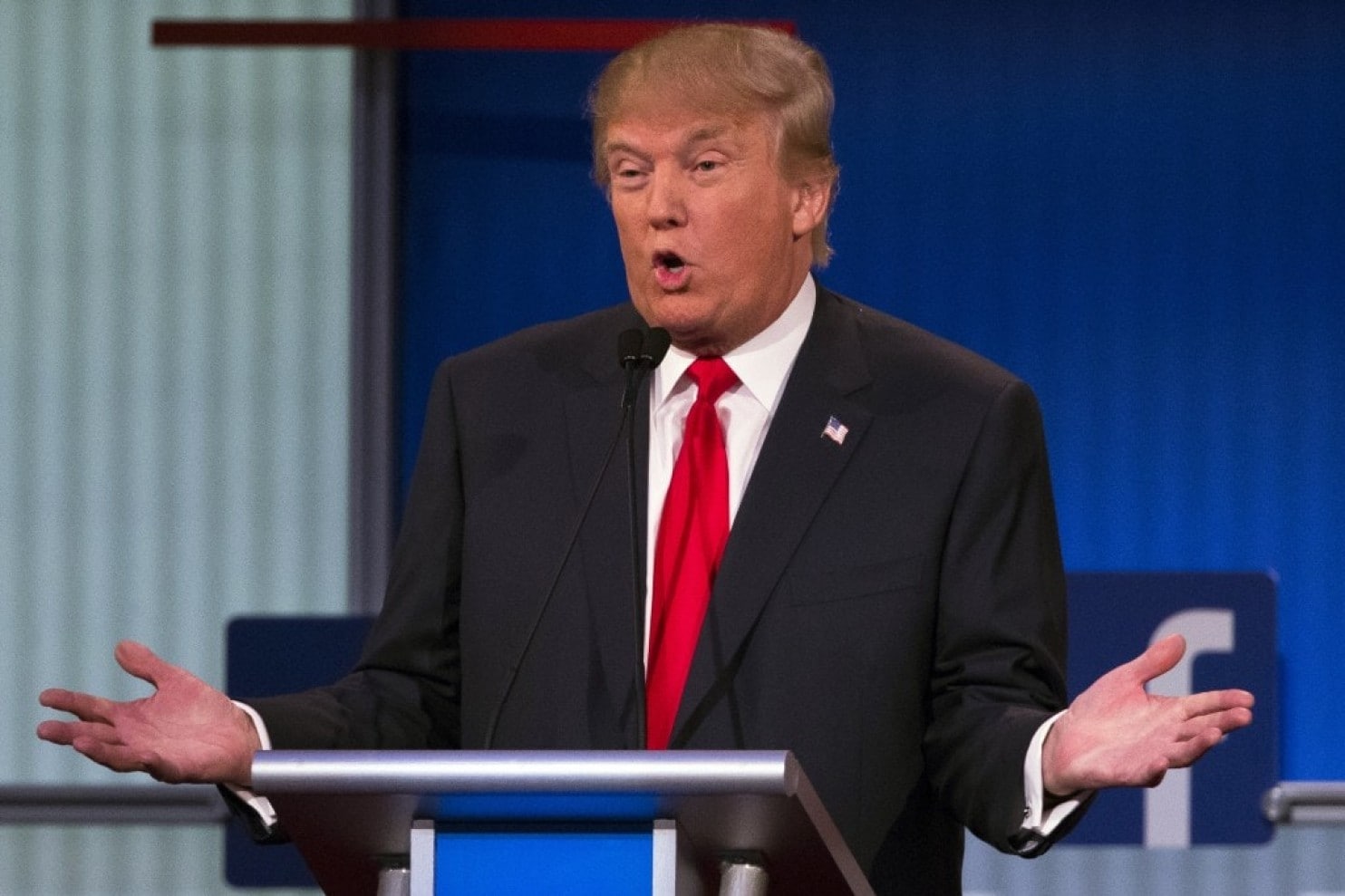Vivek Ramaswamy Drives Republican Shift Toward Bitcoin Support
27.07.2024 12:00 1 min. read Alexander Stefanov
Former President Donald Trump, who once criticized cryptocurrencies as unstable and potentially illegal, now supports Bitcoin and the broader digital asset sector.
This change in stance is reflected in the new platform adopted by the Republican National Committee, which now champions Bitcoin mining rights and opposes Central Bank Digital Currencies (CBDCs).
Earlier this year, the Department of Energy’s EIA demanded extensive data from Bitcoin miners, a move seen as excessive by many in the industry. In response, the GOP’s new platform promises to protect Bitcoin mining and self-custody of digital assets from intrusive regulations.
The shift is partly attributed to Vivek Ramaswamy, a prominent advocate for cryptocurrencies within the Republican Party. Ramaswamy has called for a more lenient regulatory approach, criticizing the SEC’s handling of digital assets and advocating for their recognition as commodities.
His influence, along with support from figures like Senator J.D. Vance, has significantly impacted the party’s stance on crypto.
Additionally, Florida Governor Ron DeSantis has enacted a law banning the use of federally-backed CBDCs in the state, aligning with the GOP’s opposition to such measures.
As the Republican Party gears up for the next election, its evolving position on digital assets signals a potential shift in US financial policy, with Trump pledging to safeguard the future of Bitcoin and crypto innovation in America.
-
1
Bitcoin Rises as Thousands of Altcoins Disappear
07.07.2025 13:00 2 min. read -
2
Bitcoin: Historical Trends Point to Likely Upside Movement
08.07.2025 16:00 2 min. read -
3
Strategy Buys 4,225 more Bitcoin, Pushing Holdings to 601,550 BTC
14.07.2025 18:34 2 min. read -
4
Bitcoin ETFs Top $50 Billion in Inflows, Marking Institutional Breakthrough
10.07.2025 11:00 2 min. read -
5
Bitcoin Shouldn’t Be Taxed, Says Fund Manager
07.07.2025 9:00 2 min. read
Here’s When the Bitcoin Cycle May Peak, Based on Past bull Markets
According to a new chart shared by Bitcoin Magazine Pro, the current Bitcoin market cycle may be entering its final stretch—with fewer than 100 days remaining before a potential market top.
Bitcoin Price Prediction: $130K in Sight After ‘Crypto Week’ Boost
Bitcoin (BTC) is once again hovering near its all-time high today as trading volumes have jumped by 13% in the past 24 hours upon breaking the $119,000 barrier, favoring a bullish Bitcoin price prediction. The top crypto has booked gains of 16% in the past 30 days and reached a new record at $123,091 earlier […]
Support Test or Breakout Ahead? Bitcoin Hovers at Key Decision Zone
Bitcoin is consolidating around $119,000 after last week’s all-time high above $123,000.
Strategy Launches Fourth Preferred stock Offering to Fuel Bitcoin Buys
Strategy Inc. (NASDAQ: MSTR) has announced the launch of its fourth perpetual preferred stock offering, marking a new phase in the company’s ongoing efforts to expand its Bitcoin treasury holdings.
-
1
Bitcoin Rises as Thousands of Altcoins Disappear
07.07.2025 13:00 2 min. read -
2
Bitcoin: Historical Trends Point to Likely Upside Movement
08.07.2025 16:00 2 min. read -
3
Strategy Buys 4,225 more Bitcoin, Pushing Holdings to 601,550 BTC
14.07.2025 18:34 2 min. read -
4
Bitcoin ETFs Top $50 Billion in Inflows, Marking Institutional Breakthrough
10.07.2025 11:00 2 min. read -
5
Bitcoin Shouldn’t Be Taxed, Says Fund Manager
07.07.2025 9:00 2 min. read


